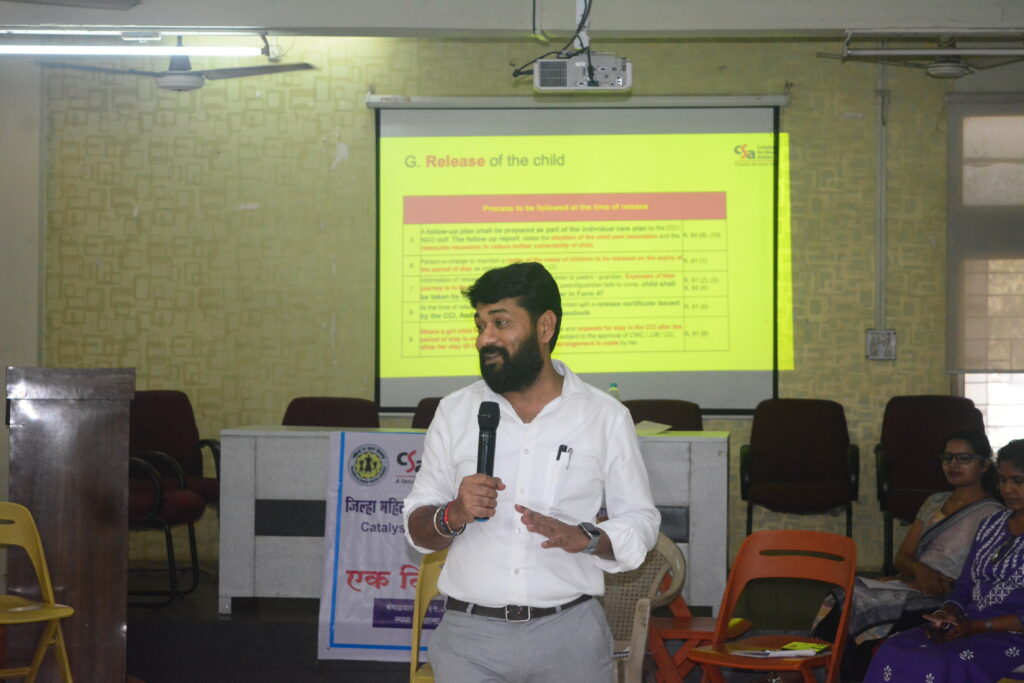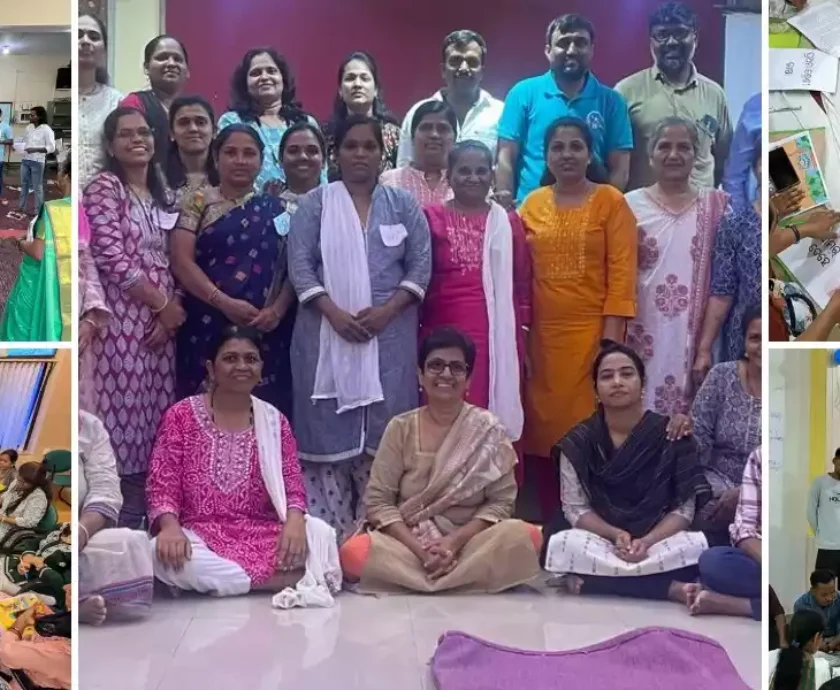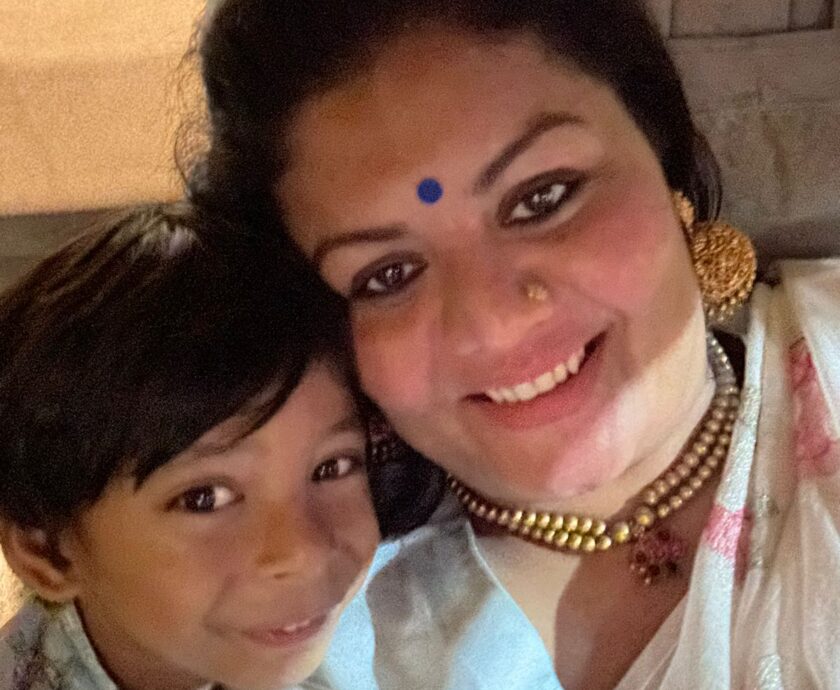“Around 170 million children, that is 40% children in India are ‘vulnerable or experiencing difficult circumstances characterised by their specific social, economic and geopolitical situations, and that all these children need special attention’” states the Ministry of Women and Child Development’s annual report published in 2015-2016.
These vulnerable children are brought before the Child Welfare Committees (CWC) who decide whether they are Children in Need of Care and Protection and need to be admitted to a Child Care Institutions (CCIs). As per a report of the National Commission for Protection of Child Rights in 2021, “more than 2.5 lakh children are growing up in 7163 CCIs.”
We at Catalysts for Social Action (CSA) work with all the stakeholders in the child protection space to help them implement the Juvenile Justice (Care and Protection of Children) Act, 2015 (‘JJ Act’) in its letter and spirit. In order for the staff of CCIs to better understand the Act and the Maharashtra State Juvenile Justice (Care and Protection of Children) Rules, 2018, we had organised a day long training on understanding Case File Management – Procedure and Practices to be followed for Rehabilitation and Restoration of Children in CCIs. It was organised by the District Women and Child Development Department, Pune, in partnership with CSA and SATHI organisation.
The training was inaugurated by the District Child Protection Officer, Kiran Wavhle; Probation officer, Kanchan Patil; Probation officer, Dattatray Kute; Director Sathi Organization, Basavaraj Shali and Head – CCI Operations & Location Head – Pune from CSA, Lucy Mathews.
As per the JJ Act, the CWC is constituted by respective State governments to discharge duties towards Children in Need of Care and Protection. The Act states, the Committee will appoint a child welfare officer or a social worker to conduct social investigation and submit a report to the committee within 15 days of producing the child before the Committee.
The Social Investigation Report (SIR) contains life changing information regarding the antecedents and family background of the child and other material circumstances. Based on this report, the Committee will decide whether the child is in Need of Care and Protection; or recommend restoration with his/her family; or whether the child needs to be placed in a CCI; or recommend foster care / adoption; or financial assistance by way of sponsorship. To further emphasise the importance of a SIR, it is imperative to add that as per the JJ Act, the SIR paves way for the critical Individual Care Plan (ICP), and both these documents help the CWC decide in favour of child’s best interest.
The objective of the training was to discuss the procedural roles and responsibilities of CCI staff in facilitating rehabilitation of children. It was attended by Superintendents and Probation Officers of 40 CCIs from Pune district.
CSA’s Head of Training and Advisory and Location Head of Madhya Pradesh, Deepesh Choukse explained Rule 71 – Institutional Management of Children and Rule 75 – Maintenance of Case File of the Maharashtra JJ Rules, 2018. He elucidated all the procedural responsibilities of CCIs at the time of the child’s admission in the CCI and at the time of the child’s release, the contents of a ‘case file’ and the importance of maintaining a child’s documents in the case file, uniform practices of developing and updating the child’s ICP and good practices of conducting the social investigation along with preparing the SIR.
With this training, it was expected that the staff at CCIs will be able to maintain proper documentation in children’s case files, conduct better social investigations and develop detailed care plans, which would enable the CWCs to make better decisions regarding the rehabilitation needs of children. It will also help in determining which form of support or care is most appropriate for the child, which will vary from case to case, in accordance with the child’s best interest.













